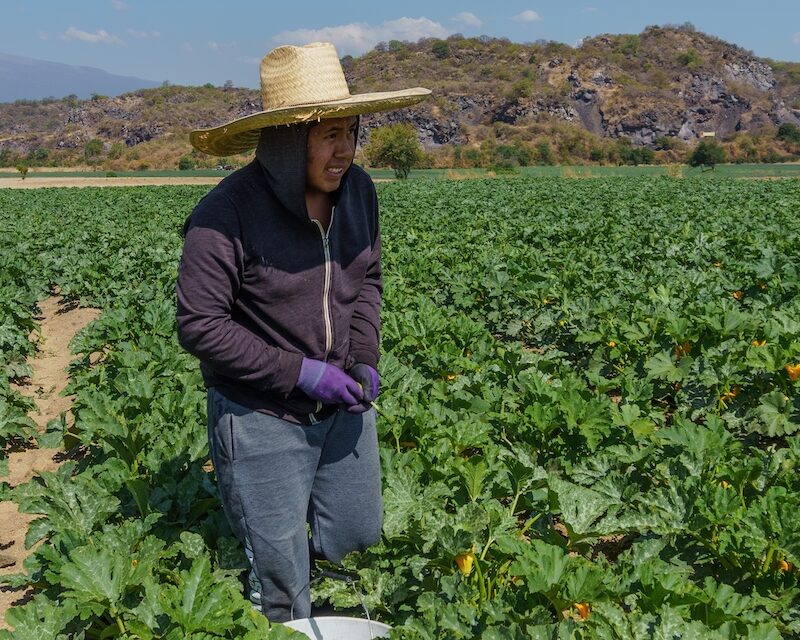
In a given year, an estimated two million plus domestic workers are employed in the United States, caring for children, seniors and other loved ones, cleaning homes and in general, making it possible for many busy people and families to juggle the competing needs of their lives. In most cases, these arrangements benefit both the workers and their employers. But isolated working conditions, limited legal protections and vulnerabilities including poverty and immigration status mean that some domestic workers become victims of labor exploitation and labor trafficking.
A joint report by Polaris and the National Domestic Workers Alliance examined records from the Polaris-operated U.S. National Human Trafficking Hotline to determine the scope of the problem. The data showed that of the approximately 8,000 labor trafficking cases identified between December 2007 and December 2017, the highest number of cases involved domestic work. That number likely represents only a small fraction of the problem, as human trafficking in all its forms is severely underreported.


